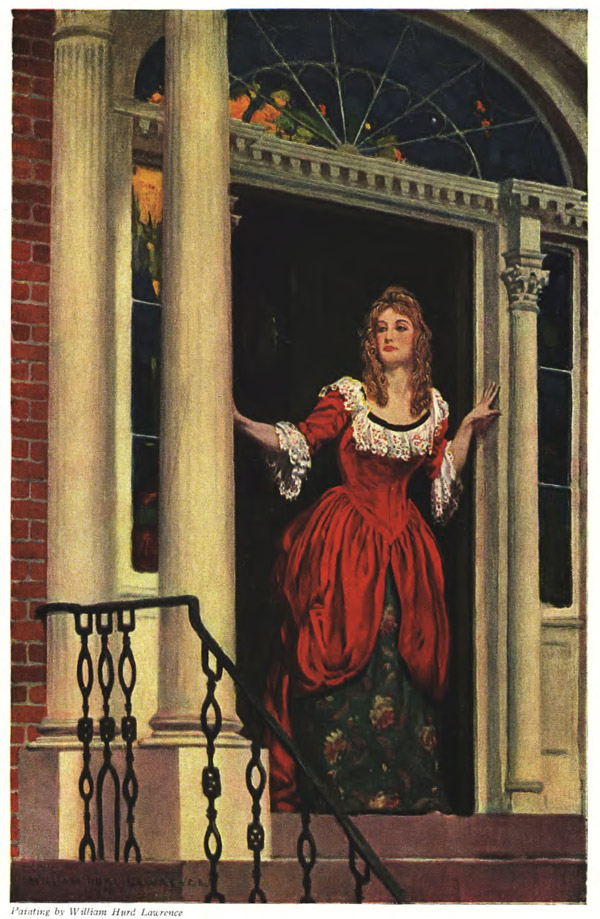
Jose is gay. Nevertheless, the two are getting married. A 26-year-old illegal immigrant who came to this country when he was 13, Jose hasn’t been back to his native Mexico City since leaving. He’s assimilated down to his love of Beyoncé and horn-rimmed glasses. He did everything a young migrant is supposed to do in the United States: graduated high school near the top of his class and finished college magna cum laude. But Jose’s degree in business from Cal State Fullerton is worthless without the legal means to work, so the Stanton resident earns a living by working the books for his cousin’s landscaping service. He dreams of becoming an accountant but must wait, one of the millions of illegal immigrants who came to this country as children, knowing little of the native lands they left long ago yet relegated to a perverse limbo in which they are culturally, but not legally, Americans. —“What’s a Little Marriage Fraud Between Amigos?” Gustavo Arellano, Village Voice
Celebrate the approaching Dog Days with National Lasagna Day!
soon to enlist with the Afghan National Police: Method Man and Redman;
canned giggles
The coarsest and most common of these sketches—which has gone through numerous variations down the centuries without conspicuous improvement—is what I think of as “the oblong game,” a contest played out on a rectangle between two sides, each attempting to penetrate the other’s territory to deposit some small object in the other’s goal or end zone. All the sports built on this paradigm require considerable athletic prowess, admittedly, and each has its special tactics, of a limited and martial kind; but all of them are no more than crude, faltering lurches toward the archetype; entertaining, perhaps, but appealing more to the beast within us than to the angel. —“A Perfect Game,” David B. Hart, First Things
A Zedonk, surprisingly, is not a reference to a large booty;
the cow and her unborn calf had to be taken down;
Tracy Kidder on craft
This sprawling history of the evolution of English should be fairly familiar to readers. But now we enter the murky territory of the present. The language enjoys unparalleled global currency, even though the rising powers of the 21st century are predominantly non-English speaking (countries like China, Russia, Brazil, and to a lesser extent, in this context, India). This important change speaks to modern English’s happily neutral character, its emergence as the most practical medium for certain kinds of conversations and messages, regardless of origin. When businessmen from distant countries meet, they will most likely resort to a form of English, however slow and stumbling. When advertisers conjure slogans to build sleek, global brands, they often choose to plaster pithy English phrases (think of Adidas’s “Impossible is nothing”) on billboards around the world. —“Has English become Globish or is this gibberish?” Kanishk Tharoor, The National



